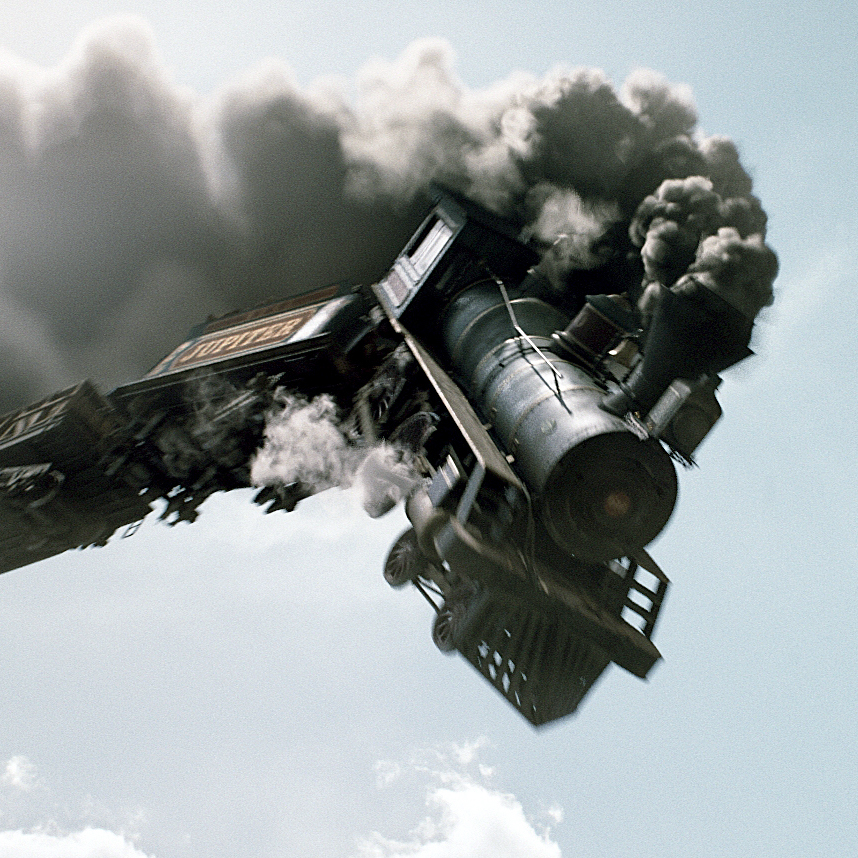PODCAST:
TRANSCRIPT:
Imagine being on board a train that is racing through the countryside at breakneck speed toward a destination that no one on board or anywhere else knows. This is not a bad metaphor for where our society presently finds itself. It’s common knowledge that much in our culture has changed over the last century or so and that the pace of such change has been by historical standards very fast and is getting faster. Those on both sides of the culture wars will often be very quick to offer an opinion about whether cultural change on balance has been for the better or the worse, but the question I want to ask is prior to this: where are we going? One thing is certain: wherever we’re going, we’re going there with terrific speed. Developments in communication technology, artificial intelligence, robotics, political economy, education, and the system of knowledge as a whole are occurring very quickly at the same time that the questions of who or what is leading this and in what direction have taken on increasing urgency. When that train has no engineer, we have cause for worry.
Who is presently thinking about where our society, in whatever nation you care to name, is going to be in twenty years, or fifty or a hundred? The answer may be no one. Governments and politicians commonly suffer from chronic short-termism; the next election cycle is about as far down the road as any of them think. What about technology: how is all of that changing us and where is it going to take us over the long term? The masters of war, state, technology, economics, science—do any of them have a vision of the future that the rest of us would want to adopt?
If we are speaking of the future of knowledge and culture, one obvious place to look for some form of leadership is the contemporary university. These institutions have long been looked to as both stewards of received knowledge and centers for knowledge creation, and several decades of intellectual fashion have transformed them into something that increasingly resembles a one-party system. What is the future of knowledge when the institutions whose central mission is to create it have, after forty-odd years and counting of affirmative action and identity politics, become places where the business of research and higher education places at best second to ticking boxes and reproducing political orthodoxy? What is the future of any field of knowledge, including philosophy, when the demographic composition of the professoriate matters more than what they know?
Futurologists attempt to get out in front of a society in the limited sense of predicting trends, particularly in the realms of technology and economics, but what I’m thinking of isn’t that but something closer to what Nietzsche had in mind when he spoke of himself as a cultural physician. The job of a physician, like that train engineer, isn’t limited to making predictions but involves providing leadership, and that thinker was hardly the first to see the philosopher’s role in this light. Plato famously made the case in the Republic that political and societal leadership should be wedded to knowledge, and the basic idea runs like a thread through a great deal of western intellectual history. The ship of state requires someone who understands the art of navigation, and this art isn’t limited to offering predictions. If philosophers have largely abdicated this role amid the general turn toward professionalization, specialization, and trend following, others have sought to fill the void: those “opinion makers” and “influencers” whose opinions and influence are often at some remove from knowledge. In other eras, a cultural physician might have been a prophet or a cleric, an artist or philosopher, statesman, scientist, or polymath—someone or some group of people who were capable of pointing some way forward for a given society at a given time.
What is to be done about this? For all anyone knows, that train may be racing toward a cliff while the job of seeing this and suggesting a course correction belongs to no one. I’ve suggested before that when we fail to see some larger picture, whether it’s of an individual life or an entire culture, we are lost, and I believe this description applies to where we find ourselves at the present historical moment and that this has been many decades in the making. What would it take to get out of this? I’m going to make a few suggestions.
The first is that universities must actually become what they have long proclaimed themselves to be, which is centers of knowledge. They still work with this self-image and the reality is nothing close. The second has to do with what voters expect from our politicians. We can and should expect the platform of every political party to outline in detail what kind of society they want to see in the longer term, by which I mean minimally twenty years hence, and without empty slogans. The third is perhaps more difficult still, and it is that our technology become again what it was prior to modern times, and that is subordinate to human purposes and not the worldview and the runaway train it has become. This little recipe has three ingredients, and I am not optimistic about any of the three.
Judging whether our culture, viewed in the large, is progressing or deteriorating depends entirely on which side of the ledger we are looking at and what our standards are. There are no objective or culture-neutral criteria for such judgments. People as a rule don’t like complexity and reach for the straightforward answer because it’s quick and easy, the intellectual counterpart of fast food. Cultural progressives and conservatives are both too quick in their assessments. For my part, I incline toward a moderate pessimism on this matter, not because a set of objective values leads me to this conclusion but because the pace of cultural change has for at least a century widely exceeded the capacity to get out in front of it. A runaway train might eventually end up in a better place than where it set out from, but when it does, it does so by chance.
 |
 |
#culture #futurism #disaster #culturalcollapse #westerndecline


Leave a comment